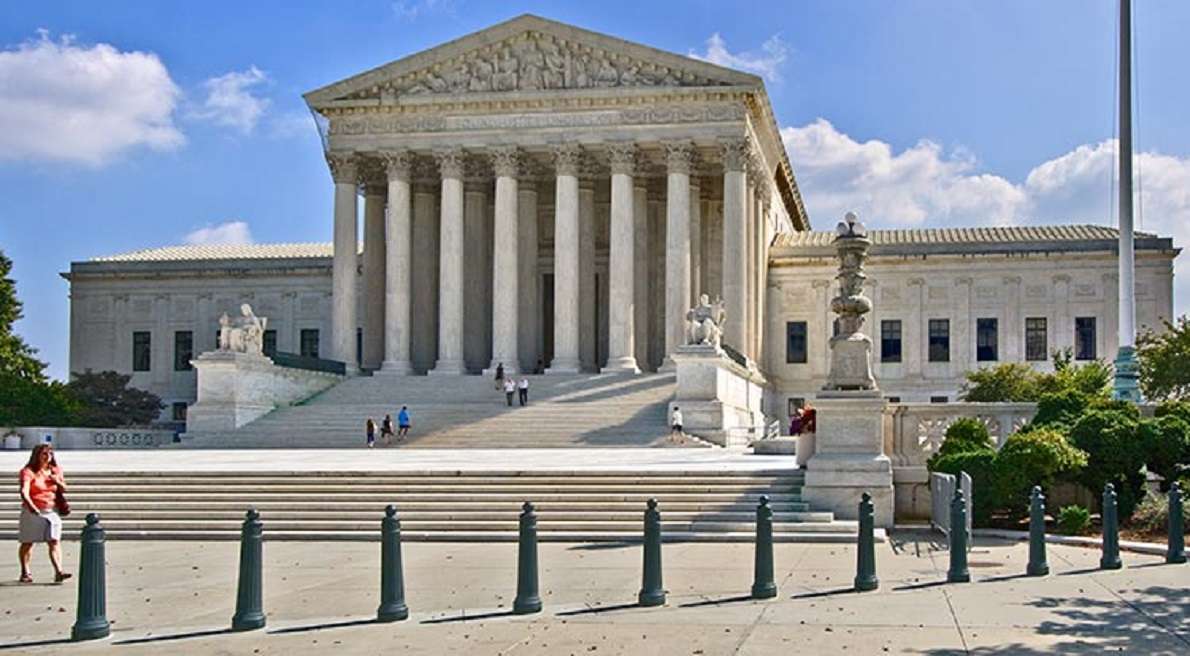A Bad Decision on Nationwide Injunctions
3 minute readPublished: Friday, June 27, 2025 at 4:31 pm

**Supreme Court Limits Nationwide Injunctions, Raising Concerns**
In a 6-3 decision, the Supreme Court has restricted the use of nationwide injunctions, a move that could significantly impact the ability of federal courts to halt widespread government actions deemed unconstitutional. The ruling, stemming from the case *Trump v. Casa, Inc.*, effectively limits the scope of judicial orders that could previously block illegal conduct affecting a broad population.
The majority opinion, based on the Judiciary Act of 1789, argues that the historical context of equity jurisdiction does not support the use of universal injunctions. The court found that such remedies were not traditionally available in English courts at the time of the founding. The ruling suggests that the court's authority to issue equitable remedies is limited to those traditionally recognized.
Dissenting justices, however, argue that universal injunctions are rooted in historical precedents and are essential to protect constitutional rights. They express concern that the decision could allow the executive branch to violate constitutional rights on a large scale, potentially impacting vulnerable populations who may lack the resources to pursue individual legal action.
The majority opinion does offer some potential avenues for plaintiffs to seek broad relief. These include "complete relief" for parties in a case, class actions, and lawsuits brought by state governments. However, the court did not provide definitive guidance on the scope of these alternatives, leaving the details to be determined by lower courts. The court also did not address the underlying issue of birthright citizenship.
BNN's Perspective: This decision raises serious concerns about the balance of power and the protection of individual rights. While the court's reasoning is based on historical legal precedent, the practical implications could be significant, potentially hindering the ability of courts to prevent widespread constitutional violations. The long-term effects of this ruling will depend on how effectively alternative remedies can fill the gap left by the elimination of nationwide injunctions.
Keywords: Supreme Court, nationwide injunctions, constitutional rights, executive branch, judicial review, equity jurisdiction, Judiciary Act of 1789, dissenting opinion, birthright citizenship, class actions, state government lawsuits, legal precedent.